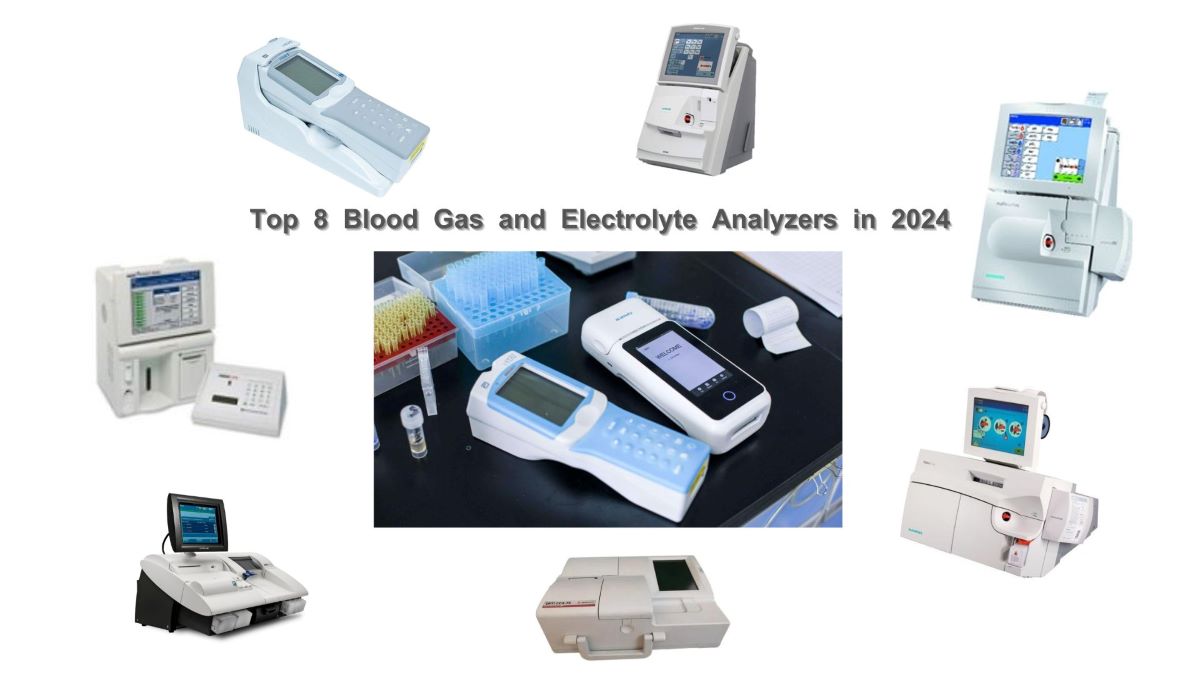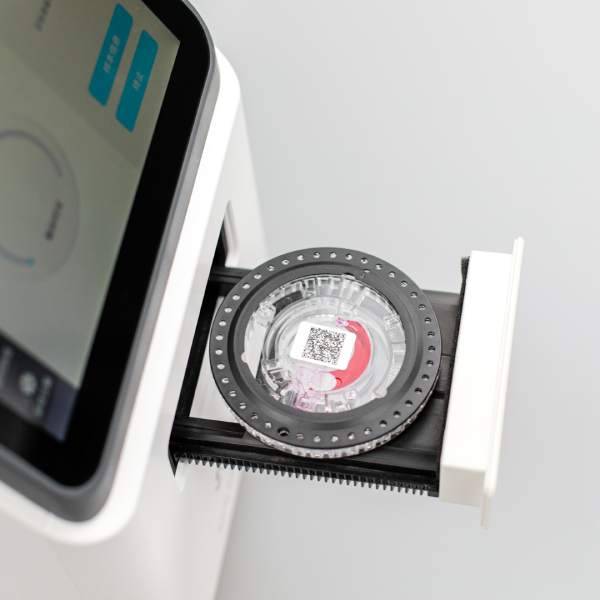release time:2022-08-27 10:02:27
According to the latest WHO COVID-19 data, globally, as of 5:51 p.m. CET on August 25, 2022, there were 596,119,505 confirmed cases of COVID-19, including 6,457,101 deaths. The number of vaccinations administered exceeded 12,409,086,286 doses.
Most people infected with COVID-19 will
recover completely, but current evidence suggests that approximately 10-20% of
people will experience varying degrees of other symptoms after recovering from
their initial illness. This condition in which symptoms occur even after
COVID-19 has been cured is called the Post COVID-19 condition (or long COVID).

The Post COVID-19 condition is a new,
recurrent, or ongoing health problem that occurs 4 weeks or more after the
initial infection with the virus that causes COVID-19. Symptoms persist for at
least 2 months and cannot be explained by another diagnosis. Common symptoms
include, but are not limited to, fatigue, shortness of breath, and cognitive
dysfunction, which generally have an impact on daily functioning.
What are the common symptoms of Post-COVID
Condition?
After infection with SARS-CoV-2 virus, most patients will recover, but there are still some patients who are in the post-COVID condition.
Common LONG COVID-19 symptoms include
General symptoms
- Tiredness or fatigue that interferes with
daily life
- Exacerbation of symptoms after physical
or mental exertion (also called "post-exertional malaise")
- Fever
Respiratory and cardiac symptoms
- Difficulty breathing or shortness of
breath
- Coughing
- Chest pain
- Rapidly beating or pounding heart (also called palpitations)
Neurological symptoms
- Difficulty thinking or concentrating
(sometimes called "brain fog")
- Headaches
- Sleep problems
- Dizziness when standing (lightheadedness)
- Pins and needles sensation
- Changes in odor or taste
- Depression or anxiety
Digestive system symptoms
- Diarrhea
- Stomach pain
Other symptoms
- Joint or muscle pain
- Skin rash
- Changes in menstrual cycle
The symptoms that appear and their severity
vary from person to person, but fatigue is by far the most common symptom,
according to relevant studies.
Because the SARS-CoV-2 virus has been
around for a short time, most studies of long-term symptoms are also in the
early stages. Therefore, what the post COVID-19 condition means for patients
and whether they are permanent or not, this still needs further investigation
and research.
However, we can confirm that the post
COVID-19 condition is not contagious, and that Long COVID is a symptom of
infection with the virus that causes COVID-19. If you are not infected with the
Sars-CoV-2 virus, then you will not experience these symptoms.

2024-01-16
Explore the 14 crucial factors impacting the precision of veterinary biochemical analyzers. From animal-related variables to species-specific considerations, learn how to ensure accurate results for informed healthcare decisions in animal medicine. Discover insights for maintaining instrument accuracy and minimizing operator errors in this comprehensive guide.

2023-11-15
Explore the latest advancements in medical technology with our comprehensive guide to the top 8 blood gas and electrolyte analyzers in 2024. From handheld devices for on-the-go diagnostics to benchtop systems offering diverse testing parameters, discover the key features, testing times, and average prices of these cutting-edge analyzers. Stay informed for smarter healthcare decisions.

2021-09-23
Fully automated biochemistry analyzer is a clinical biochemistry analyzer. It provides clinical biochemistry testing for hospitals at all levels, and is a basic and essential diagnostic instrument in laboratory medicine.